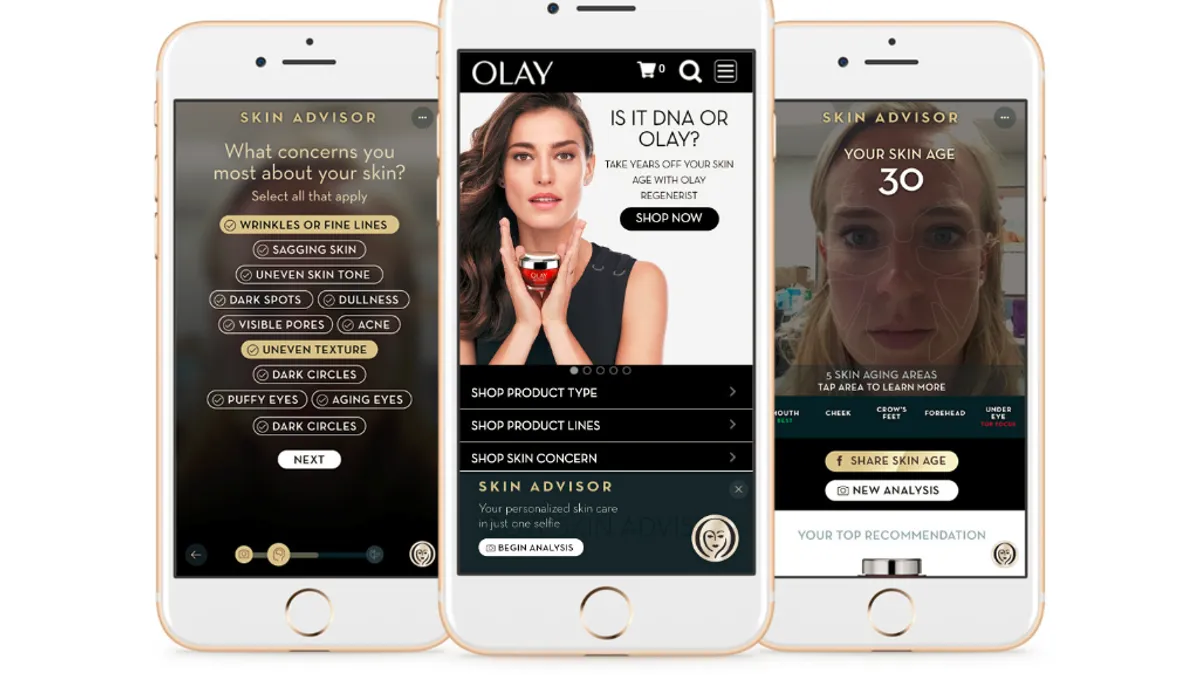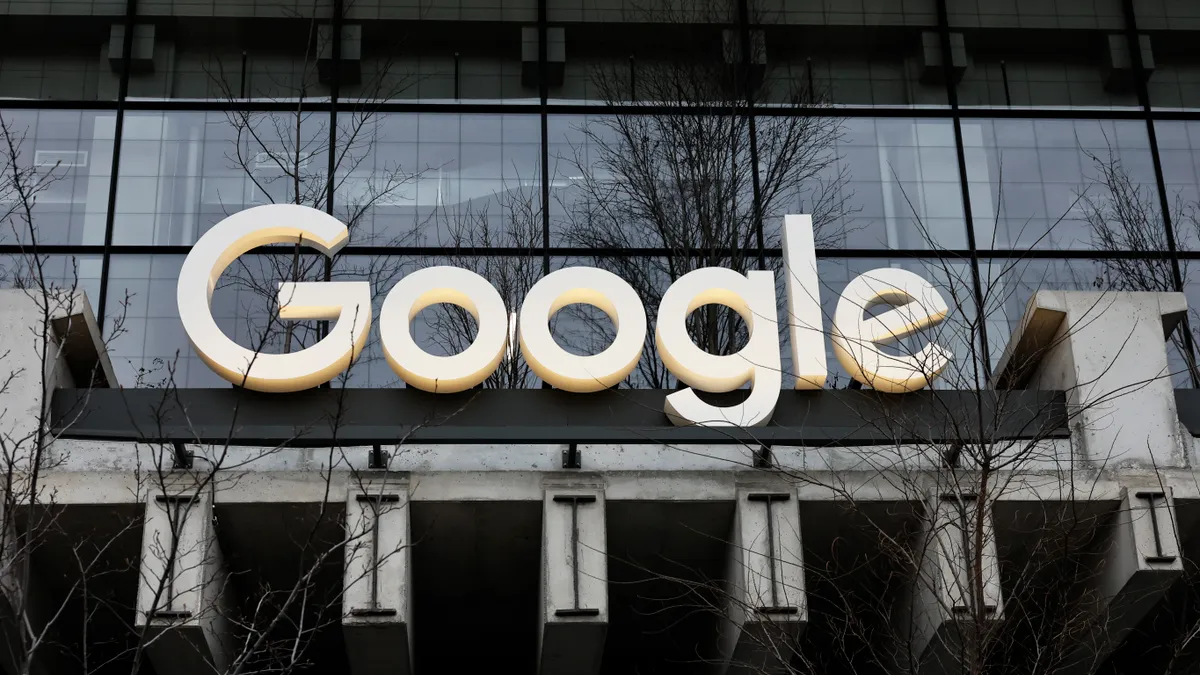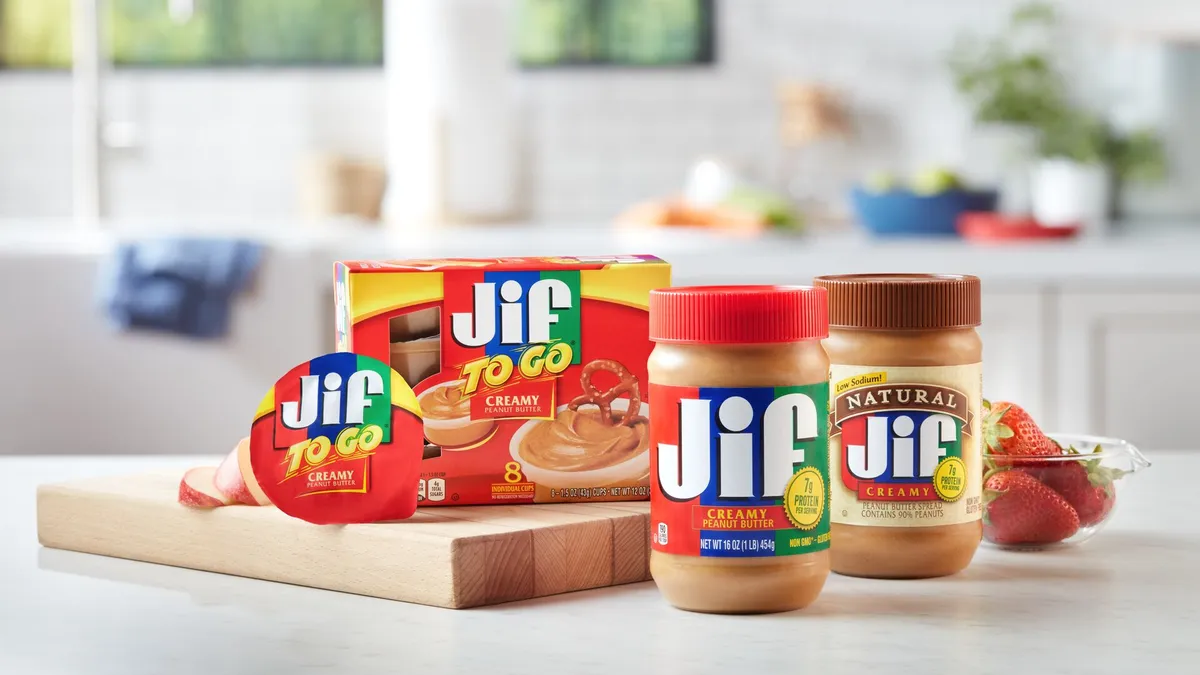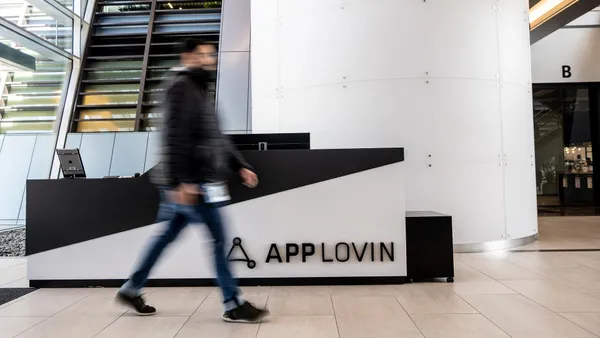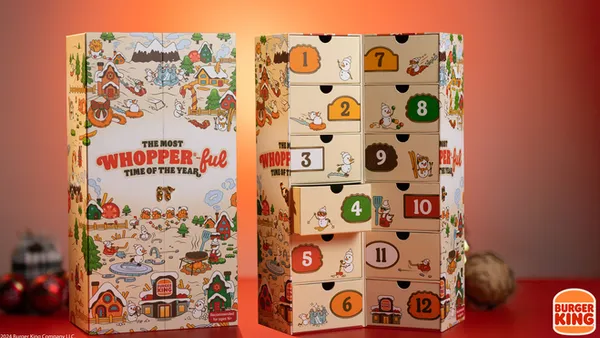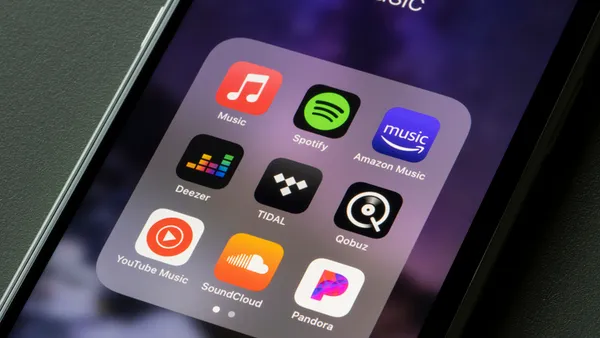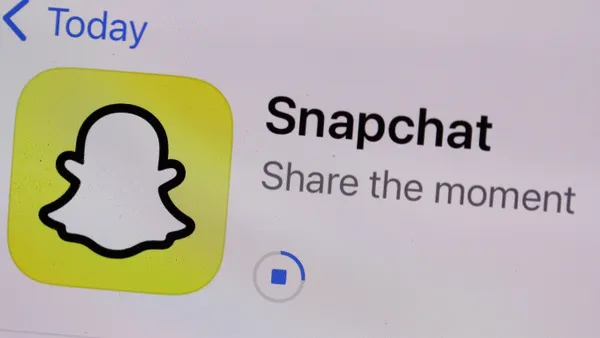Dive Brief:
- Procter & Gamble (P&G) skincare brand Olay has doubled its sales conversion rate, reduced its bounce rate for online visitors by one-third and increased average basket size since it launched the artificial intelligence-powered Skin Advisor platform in 2016, according to a report in VentureBeat. In China, average basket size increased 40%.
- The Olay Skin Advisor offers users skin-age estimates and makes recommendations for skincare based on selfies. The AI-powered platform uses deep learning to analyze problem areas discovered in the photo and information that users provide to offer personalized products and skincare regimens.
- The platform was built by Nara Logics and matches ingredients and product features to individuals. It also identifies which products are popular based on reviews, transactions and other sources. Skin Advisor has engaged more than 4 million consumers and offers recommendations to tens of thousands of users every week, but 94% of consumers have received unique suggestions, per VentureBeat.
Dive Insight:
Olay's success with Skin Advisor highlights the value that consumers place on personalized experiences and the ways in which technology solutions like AI are helping brands better craft those types of experiences. The tool takes some of the guesswork out of shopping for skincare products — which can be overwhelming — by providing a rough facsimile of one-on-one beauty consultation that requires only a few steps from the user, such as taking a selfie. This level of personalization can help brands build customer loyalty and increase sales, as Olay has demonstrated.
Marketers are beginning to embrace AI and related technologies to improve customer service, offer tailored recommendations and analyze large troves of data. Olay's use of AI is in line with the broader trend of retailers leading the way in spending on AI and cognitive systems. The retail industry is forecast to this year invest $3.4 billion in AI-driven solutions, including automated customer service agents, shopping advisers, product recommendations and omichannel merchandising, according to research from the International Data Corporation.
Cosmetic and beauty brands, in particular, are embracing a variety of bleeding edge mobile and digital tools to distinguish their brands and products in a crowded category that now includes more direct-to-consumer marketers. Last year, Estée Lauder unveiled a Facebook Messenger chatbot to help consumers search the its lipstick shades and try them on with an augmented reality selfie. L'Oréal also lets consumers test out its cosmetics through its AR mobile app.


